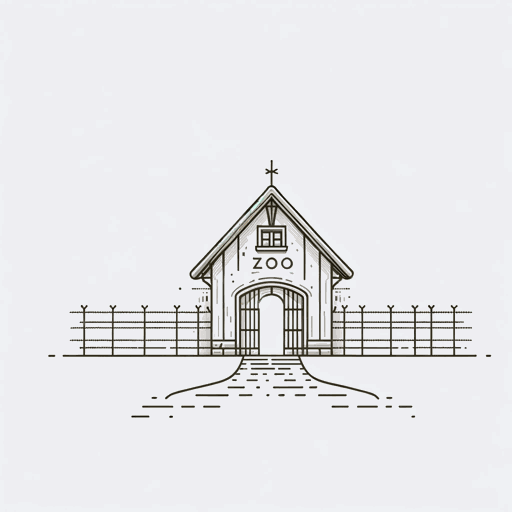58 pages • 1 hour read
Diane AckermanThe Zookeeper's Wife: A War Story
Nonfiction | Biography | Adult | Published in 2007A modern alternative to SparkNotes and CliffsNotes, SuperSummary offers high-quality Study Guides with detailed chapter summaries and analysis of major themes, characters, and more.
Important Quotes
“The circus director asked a poor old Jewish man if he would pretend to be the lion. […] He turned just in time to see another lion creeping into his cage and fixing him with a hungry stare. Trembling, cowering, not knowing how to save himself, the man did the only thing he could think of—vociferously chant a Hebrew prayer. No sooner did he utter the first desperate words […] than the other lion joined in […] and the two would be lions finished the prayer together. I could not have imagined how oddly relevant that folk story would be to this historical one.”
(Author’s Note, Pages xi-xii)
Ackerman uses this folk tale, originating from the Jewish communities of Poland and spoken to the author by her maternal grandfather, as a prescient description of the mindset and experiences of Polish Jews hiding from the Nazis during the German occupation from 1939-1945. As with the two faux lions in the fable, so wartime Warsaw was rife with concealed individuals, moving from place to place furtively, and using whatever disguise was available and necessary to survive. As with the folk tale, individuals often found safety, needed resources, reasons for trust, and new comrades among people who previously been total strangers.
“The heartbeat of eastern European Jewish culture, the Quarter offered Jewish theater and film, newspapers and magazines, artists and publishing houses, political movements, sports and literary clubs. For centuries, Poland had granted asylum to Jews fleeing persecution in England, France, Germany, and Spain. Some 12th century Polish coins even bear Hebrew inscriptions […].”
(Chapter 1, Page 9)
The Jewish Quarter referred to in this quote is near the Warsaw Zoo, lying just to the outside of the Old Town section where the zoo is located. Jan was well acquainted with many of the residents of the quarter, since he grew up going to a nearby Jewish school. This passage also reveals why the Nazis felt such animosity toward Polish people, since they had allowed refuge to Jews who fled oppression in Germany for centuries.
“Diplomatic wrangling in early 1939 led to antagonism by March, when Hitler secretly ordered his generals to ‘deal with the Polish question.’ Relations between Poland and Germany gradually disintegrated and Poles awoke to omens of war, a horrifying thought but not a new one. Germany had occupied Poland so often since the Middle Ages, most recently in the 1915-18, that Slavs fighting Teutons had achieved the status of a patriotic tradition.”
(Chapter 3, Page 25)
Once Hitler had taken former Czechoslovakia, Poland became his next target. After World War I, when Czarist Russia and Imperial Germany collapsed in 1918, Poland became independent for the first time since the late 18th century.


